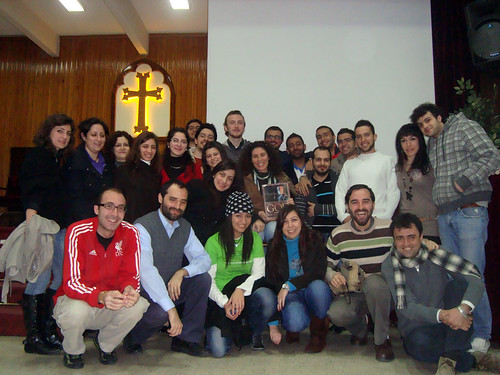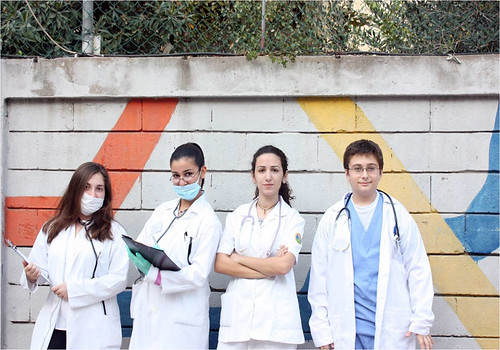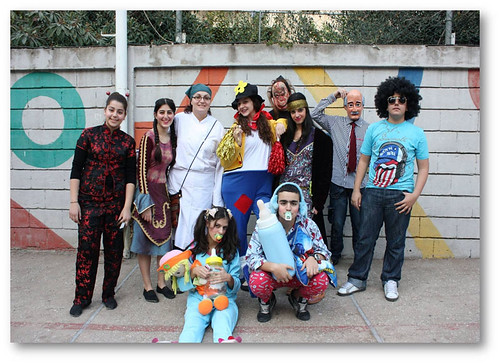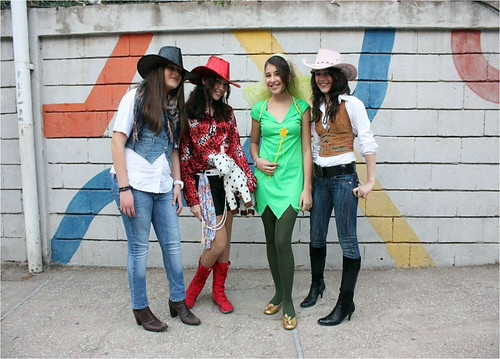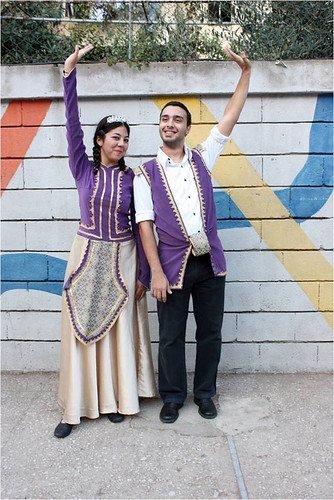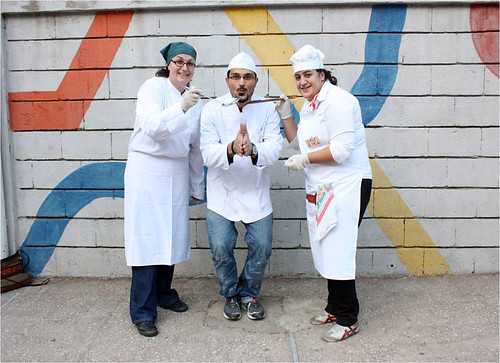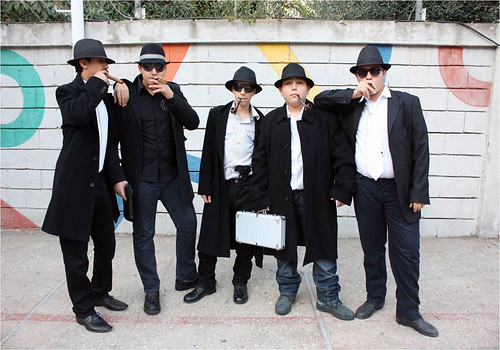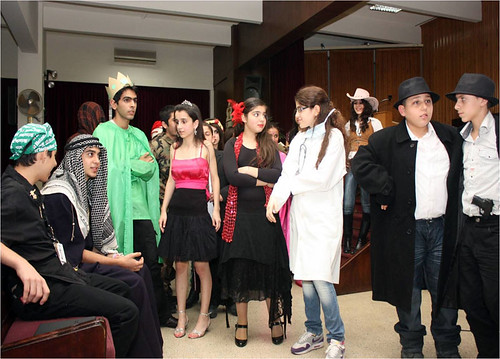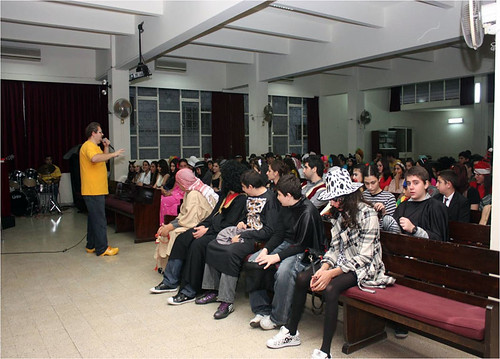The first visit of Hranush Hakobyan as Armenia’s Diaspora minister to Turkey’s largest city Istanbul gave answers to a number of concerns voiced not only by Istanbul-Armenians but also migrants from Armenia; children’s education was mentioned as the most urgent among the challenges they are facing living in Turkey.
Minister Hakobyan was invited to Istanbul between May 5 and 7 to take part in the UN-held Women’s World Summit at which a total of 82 countries were represented, with three first ladies – including Turkey’s first lady Hayrunnisa Gul – and 34 ministers among the participants.
Hakobyan, however, devoted most of her time to meetings with the Armenian community in Turkey. This was her second visit to Istanbul, but the first in the capacity of the Diaspora minister.

“Armenians of Constantinople [Istanbul Armenians are commonly referred to as such] are Armenia’s love and pride; I am grateful that despite all the hardship and under these difficult circumstances they stay true to their identity,” she said during her speech at the reception held in the hall of ceremonies at the Armenian Patriarchate of Istanbul after the Sunday liturgy.
During the reception she gave medals to 15 prominent Armenian intellectuals of Istanbul – writers, musicians, doctors and artists, who stressed that although they had been acknowledged and appreciated in their community and by the Turkish government, however Armenia’s official acknowledgement of their achievements mattered the most to them.
Afters visiting some of the Armenian community’s educational centres and churches, the minister said that the most important thing is to strengthen the ties with Armenia, for which frequent visits to their homeland are an important factor.
“By the end of the year, within the framework of various projects, some 500 young Armenians from Istanbul will be visiting Armenia to see their motherland and establish a contact with their country. We are also planning to hold ‘Days of Constantinople Armenians in Armenia’,” said the minister.
Although Armenians living in Istanbul do not consider themselves Diaspora, because, as they say, they “were born and now live in historical Armenia” and it is their “motherland”, nevertheless, they stress the importance of establishing closer bonds with Armenia.
The main issue raised during the meeting by the Istanbul Armenians was shortage of books and manuals at schools. Tuition at around 20 educational institutions of Istanbul (schools, seminaries, kindergartens) is done in accordance with the state curricula and books (all in Turkish) approved by the Turkish ministry of education, and the Armenian language is taught with outdated books or photocopies of more up-to-date manuals – this gradually leads to lack of interest in learning the language or, worse, to loss of the language itself.
Silva Kuyumcuyan, the principal of the Getronagan High Scool in Istanbul (founded in 1886), says that the issue of books was raised yet two years ago, but to no avail.
“Since Armenia and Turkey do not have diplomatic relations, our demands cannot be viewed as official, since schools belong to the state, the only thing we can expect is optional books that are not verified by the state but can help our children to improve the learning process of the Armenian language, and make the classes more enjoyable,” Kuyumcuyan, who has lead the lyceum for three decades, told ArmeniaNow.
Minister Hakobyan promised that the issue of Western-Armenian language manuals will be solved in the nearest future.
“Every year our teachers come to Armenia for training, and the manuals are being drafted; we have designated 70 places at state educational institutions for Diaspora applicants, who are eligible for state-funded tuition at any department and then return to their countries of residence and pass the knowledge to their communities,” the minister told ArmeniaNow.
Many of the migrants from Armenia attending the liturgy expressed no desire to meet with the minister for “lack of expectations”, as they put it.
“There is only one thing we need – employment, so that we can return home. We are here for solely one reason – to work and earn our living and the minister cannot solve that issue,” Susanna from Gyumri, who has been working in Istanbul for two years, told ArmeniaNow.
The main issue for an estimated 12,000 Armenian migrants working in Turkey is their children’s education, because, the parents’ illegal status in the country does not enable them to attend public schools (Armenian schools, too, are considered to be public or state-funded).
Many had not received any education for years – up until 2003, when an underground school opened in the basement of Gedik-Pasha’s Armenian Evangelical Church (founded in 1850) for some 70 children illegally residing in Turkey; the school uses the same curricula and books as in Armenia.
Last year, when Turkish newspapers reported on this school and the issue of education of migrants’ children, Turkey’s vice premier Bulent Arenc promised Archbishop Aram Ateshyan, Armenian Co-Patriarch of Istanbul, to attend to the problem.
Minister Hakobyan says that she discussed the issue with the Co-Patriarch and was told that the issue is being solved.
“Starting from September our children will be allowed to study at [local] Armenian schools, but they will not publicise it not to alarm their [Turkey’s] emigration services in order to avoid deportation of the illegal migrants. Besides that, we, too, have designed a program to solve this issue – we are not making it public yet, but are working in that direction,” minister Hakobyan told ArmeniaNow.
Gayane Abrahamyan is reporting from Turkey with the support of the Global Political Trends Center (GPoT) and Internews Armenia
Minister Hakobyan was invited to Istanbul between May 5 and 7 to take part in the UN-held Women’s World Summit at which a total of 82 countries were represented, with three first ladies – including Turkey’s first lady Hayrunnisa Gul – and 34 ministers among the participants.
Hakobyan, however, devoted most of her time to meetings with the Armenian community in Turkey. This was her second visit to Istanbul, but the first in the capacity of the Diaspora minister.

“Armenians of Constantinople [Istanbul Armenians are commonly referred to as such] are Armenia’s love and pride; I am grateful that despite all the hardship and under these difficult circumstances they stay true to their identity,” she said during her speech at the reception held in the hall of ceremonies at the Armenian Patriarchate of Istanbul after the Sunday liturgy.
During the reception she gave medals to 15 prominent Armenian intellectuals of Istanbul – writers, musicians, doctors and artists, who stressed that although they had been acknowledged and appreciated in their community and by the Turkish government, however Armenia’s official acknowledgement of their achievements mattered the most to them.
Afters visiting some of the Armenian community’s educational centres and churches, the minister said that the most important thing is to strengthen the ties with Armenia, for which frequent visits to their homeland are an important factor.
“By the end of the year, within the framework of various projects, some 500 young Armenians from Istanbul will be visiting Armenia to see their motherland and establish a contact with their country. We are also planning to hold ‘Days of Constantinople Armenians in Armenia’,” said the minister.
Although Armenians living in Istanbul do not consider themselves Diaspora, because, as they say, they “were born and now live in historical Armenia” and it is their “motherland”, nevertheless, they stress the importance of establishing closer bonds with Armenia.
The main issue raised during the meeting by the Istanbul Armenians was shortage of books and manuals at schools. Tuition at around 20 educational institutions of Istanbul (schools, seminaries, kindergartens) is done in accordance with the state curricula and books (all in Turkish) approved by the Turkish ministry of education, and the Armenian language is taught with outdated books or photocopies of more up-to-date manuals – this gradually leads to lack of interest in learning the language or, worse, to loss of the language itself.
Silva Kuyumcuyan, the principal of the Getronagan High Scool in Istanbul (founded in 1886), says that the issue of books was raised yet two years ago, but to no avail.
“Since Armenia and Turkey do not have diplomatic relations, our demands cannot be viewed as official, since schools belong to the state, the only thing we can expect is optional books that are not verified by the state but can help our children to improve the learning process of the Armenian language, and make the classes more enjoyable,” Kuyumcuyan, who has lead the lyceum for three decades, told ArmeniaNow.
Minister Hakobyan promised that the issue of Western-Armenian language manuals will be solved in the nearest future.
“Every year our teachers come to Armenia for training, and the manuals are being drafted; we have designated 70 places at state educational institutions for Diaspora applicants, who are eligible for state-funded tuition at any department and then return to their countries of residence and pass the knowledge to their communities,” the minister told ArmeniaNow.
Many of the migrants from Armenia attending the liturgy expressed no desire to meet with the minister for “lack of expectations”, as they put it.
“There is only one thing we need – employment, so that we can return home. We are here for solely one reason – to work and earn our living and the minister cannot solve that issue,” Susanna from Gyumri, who has been working in Istanbul for two years, told ArmeniaNow.
The main issue for an estimated 12,000 Armenian migrants working in Turkey is their children’s education, because, the parents’ illegal status in the country does not enable them to attend public schools (Armenian schools, too, are considered to be public or state-funded).
Many had not received any education for years – up until 2003, when an underground school opened in the basement of Gedik-Pasha’s Armenian Evangelical Church (founded in 1850) for some 70 children illegally residing in Turkey; the school uses the same curricula and books as in Armenia.
Last year, when Turkish newspapers reported on this school and the issue of education of migrants’ children, Turkey’s vice premier Bulent Arenc promised Archbishop Aram Ateshyan, Armenian Co-Patriarch of Istanbul, to attend to the problem.
Minister Hakobyan says that she discussed the issue with the Co-Patriarch and was told that the issue is being solved.
“Starting from September our children will be allowed to study at [local] Armenian schools, but they will not publicise it not to alarm their [Turkey’s] emigration services in order to avoid deportation of the illegal migrants. Besides that, we, too, have designed a program to solve this issue – we are not making it public yet, but are working in that direction,” minister Hakobyan told ArmeniaNow.
Gayane Abrahamyan is reporting from Turkey with the support of the Global Political Trends Center (GPoT) and Internews Armenia




